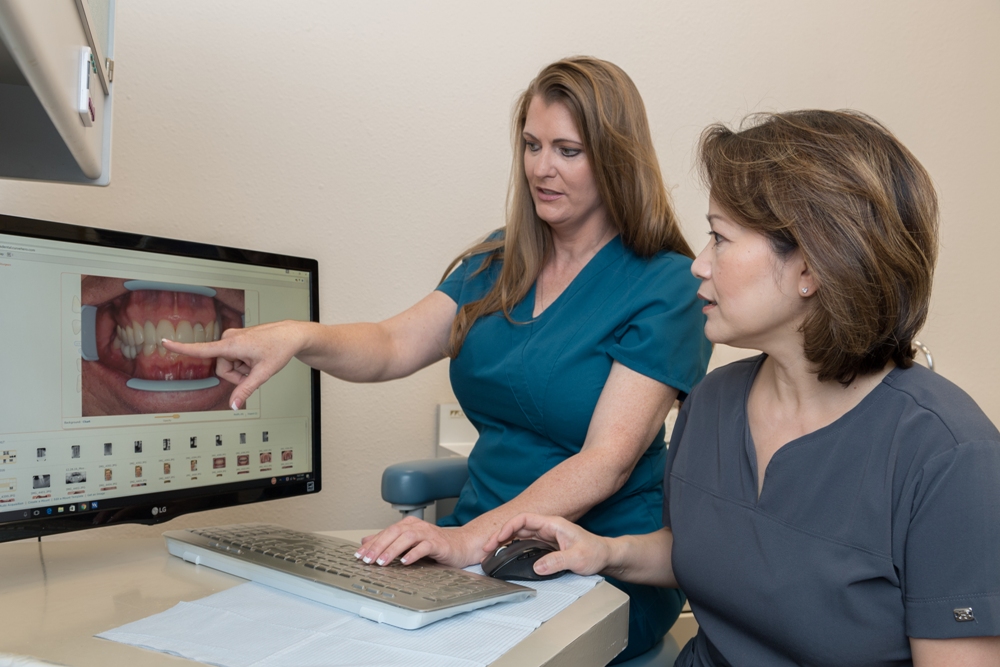The Impact of Wisdom Teeth | What They’re for and When It’s Time to Have Them Checked out
When it comes to wisdom teeth there are two groups of people — those who are ready to have them out as soon as they begin making an appearance and those who are ready to hang onto them for dear life.
But as with all things, wisdom teeth vary from person to person as do their treatment.
Where For Art Thou Wisdom Teeth?
 Wisdom teeth usually begin developing around nine years old before bursting onto the scene between seventeen and twenty-one. They’re located at the back of the upper and lower jaws and are often discovered during routine dental exams.
Wisdom teeth usually begin developing around nine years old before bursting onto the scene between seventeen and twenty-one. They’re located at the back of the upper and lower jaws and are often discovered during routine dental exams.
Every single tooth is important and not without a purpose. In fact, wisdom teeth can prove very useful if you’re in need of bridgework.
Prepare for Impact
So what if your wisdom tooth is impacted? As scary as it sounds, having a tooth that’s impacted simply means it hasn’t broken through your gums or jawbone.
And just because you have one or two or four impacted wisdom teeth doesn’t necessarily mean you should grab the forceps just yet. Many preteens and teens with one or more impacted wisdom teeth experience normal tooth growth as they continue to age.
However, when wisdom teeth remain impacted it’s because there’s no room to erupt or break to the surface.
Out With It
 If a wisdom tooth becomes infected as it’s erupting it can be treated and may never become infected again.
If a wisdom tooth becomes infected as it’s erupting it can be treated and may never become infected again.
If it does, your dentist may recommend it be removed in order to prevent more infection and damage. But just because one tooth is removed doesn’t always mean you’ll lose all of your wisdom teeth.
When a patient has all of his or her wisdom teeth removed it is often to prevent future problems and complications. And though this may save you pain and grief, preventative care isn’t always covered by insurance. If your dentist mentions removing all four wisdom teeth, make sure you find out the reasons why and if your insurance will cover the surgery.
We’re Here For You
Though wisdom tooth removal is the most common oral procedure in the U.S. today, there are still many misconceptions when it comes to the surgery and health of your back teeth.
If you’re experiencing any tooth or gum pain or have questions for Dr. Moore, schedule an appointment today. We look forward to seeing your smile!
